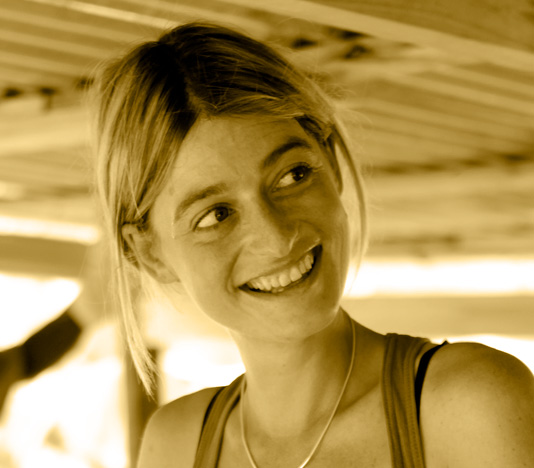Those early models were self-contained concrete units Kramer calls “palatial public toilets,” with space beneath them for waste to compost. But a redesign was in order when Oxfam invited SOIL to pilot facilities in the camps erected for Port-au-Prince residents displaced by the devastating 2010 earthquake, which killed more than 200,000 people countrywide and left more than a million homeless. The result: lighter toilets with 15-gallon removable drums that could be emptied regularly. Over five years, in the immediate aftermath of the earthquake, SOIL provided 200 emergency public toilets that were used by 20,000 people. In addition, Kramer’s organization built a special composting site to process the waste away from the camps. The effort produced much-needed jobs for Haitians willing to change the drums, keep the facilities clean, and collect and compost the waste.
Today, SOIL’s focus is on household toilets in dense urban areas that are not yet serviced by sewers. Currently, more than 1,100 households pay for toilet rental and weekly waste pickup, but with a new marketing effort, Kramer hopes to add 100 new households monthly. She says the long-term goal is to develop a model that can be replicated by private entrepreneurs in Haiti and beyond, but that will require a level of financial viability her organization has not yet reached. To that end, SOIL is partnering with the government of Haiti and the Inter-American Development Bank to create a government contract for the provision of waste treatment that would pay service providers for every ton of waste they safely treat. In the meantime SOIL is reliant on individual donations and philanthropic funds to ensure that SOIL’s clients have access to dignified and affordable in-home sanitation.



